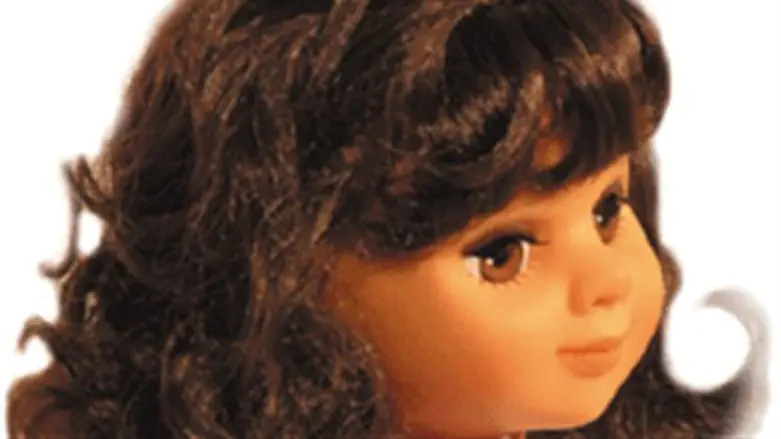
The Iranian morality police are extending the long reach of the law to dolls, and has activated an official ban on the sale of Barbies.
Meet Dara and Sara -- complete with a little head scarf for the eight year old Muslim girl doll.
The ban on the pert little American teenage doll produced by the U.S.-based Mattel Company, as well as the accessories she comes with, is part of the response to tightened sanctions against the Islamic Republic by Western nations. Muslim clerics had already succeeded in banning the curvaceous cutie in Saudi Arabia in 2003, outlawing Barbie altogether by declaring her "offensive to Islam."
But Islamic leaders in Iran have been complaining about Barbie's "destructive cultural and social consequences" since 1996.
Now, Iranians are being introduced to a new couple, albeit chaste siblings, to replace Barbie and her friend Ken. Meet Dara and Sara.
According to a release published Monday on the Iranian Islam for Today website, "The Muslim dolls have been developed by a government agency to promote traditional values, with their modest clothing and pro-family backgrounds. They are widely seen as an effort to counter the American dolls and accessories that have flooded the Iranian market."
The report goes on to quote Iranian toy seller Masoumeh Rahimi who allegedly welcomed the dolls, saying Barbie was "foreign to Iran's culture" because "some of the buxom, blonde dolls have revealing clothing." The toy seller allegedly said young girls who play with Barbie, a doll 'she sees as wanton,' could grow into women who reject Iranian values.
"I think every Barbie doll is more harmful than an American missile," Rahimi was quoted as saying.
The release points out that each of the dolls is supposed to be eight years old, "young enough under Islamic law for Sara to appear in public without a head scarf. But each of the four models of Sara comes with a white scarf to cover her brown or black hair."
According to the report, some 100,000 dolls have been manufactured - in China - and each will sell for 125,000 rials ($15) compared with 332,000 rials for a "genuine" Barbie and 25,000 rials for a copy, the report added.